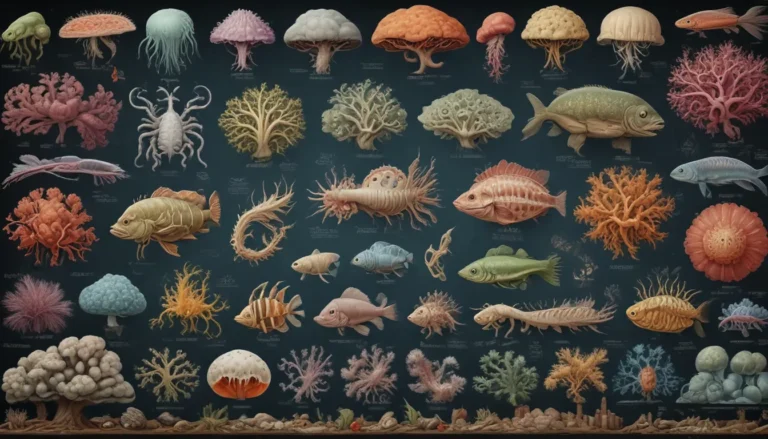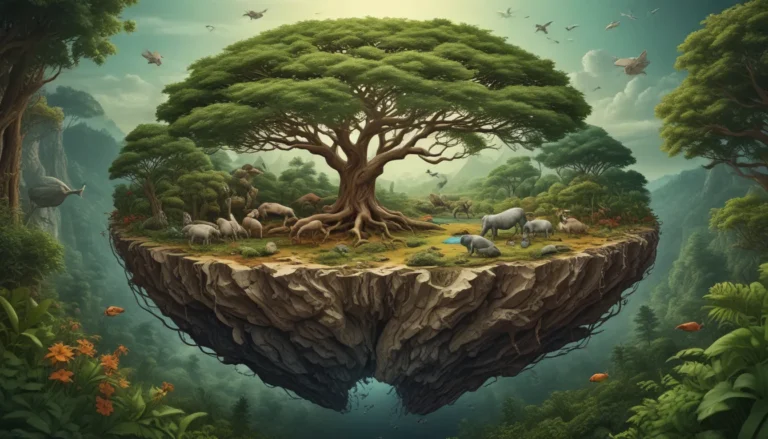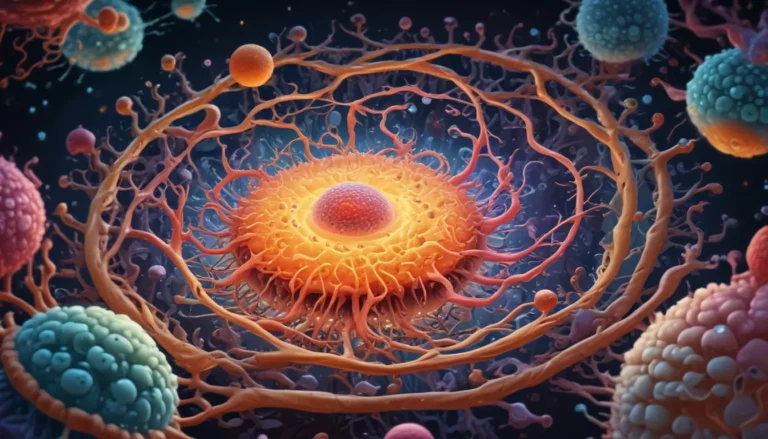A Note About Images: The images used in our articles are for illustration purposes only and may not exactly match the content. They are meant to engage readers, but the text should be relied upon for accurate information.
Welcome to an exciting journey through the fascinating world of biology! In this article, we will delve into the essential facts about biology, shedding light on the intricate processes that govern life on Earth. From the basic unit of life to the complex interactions between organisms, we will uncover the mysteries of biology and gain a deeper understanding of the natural world around us.
Unveiling Quick Facts
Let’s kick off our exploration with some quick and intriguing facts about biology. These bitesize pieces of information will serve as a foundation for our journey into the depths of this scientific field:
- Biology is the study of life and living organisms, encompassing everything from the tiniest cells to the largest ecosystems.
- The cell is considered the basic unit of life, playing a crucial role in the functioning of all living organisms.
- Human genes are recognized as the fundamental unit of heredity, carrying the genetic information that shapes our traits and characteristics.
- Evolution serves as the driving force behind the creation and extinction of species, shaping the diversity of life on our planet.
- Biology is a natural science that not only explains natural phenomena but also enables us to describe, predict, and better understand the world we live in.
Delving into Essential Facts
Now, let’s take a deeper dive into the essential facts that form the core of biology. These key concepts will give us a comprehensive overview of the various branches and subfields within this vast scientific discipline:
- Branches of Biology: There are three major branches of biology—botany, zoology, and microbiology. Botany focuses on the scientific study of plants, while zoology explores the behavior, structure, physiology, and classification of animals. Microbiology, on the other hand, delves into the world of microorganisms.
- Anatomy and Physiology: Anatomy is a crucial branch of biology that analyzes the structure and parts of organisms. It is interconnected with other fields such as developmental biology, evolutionary biology, comparative anatomy, embryology, and phylogeny. Physiology, on the other hand, studies how organs and organ systems function to sustain life.
- Ecology and Evolution: Ecology is the study of how organisms interact with each other and their environment, highlighting the delicate balance of life on Earth. Evolutionary biology, on the other hand, delves into the processes of evolution that have shaped the diversity of life over millions of years.
- Specialized Fields: Cytology focuses on the study of cells, while taxonomy is responsible for naming and classifying organisms. Genetics explores the principles of heredity and variation, while molecular biology delves into the intricate world of biological molecules such as DNA.
Uncovering Interesting Facts
As we continue our journey through the captivating realm of biology, let’s unravel some fascinating facts that will spark your curiosity and deepen your appreciation for the natural world:
- Theoretical biology utilizes mathematical formulas to model and understand complex biological phenomena, providing valuable insights into the underlying principles of life.
- Experimental biology conducts empirical experiments to test and validate the theories proposed by researchers, reinforcing the scientific method and promoting evidence-based knowledge.
- Each fact you encounter on our platform is contributed by real users, ensuring a diverse range of insights and perspectives that enrich your learning experience.
- Our dedicated editors meticulously review each submission to maintain the highest standards of accuracy and reliability, guaranteeing that the facts you discover are not only captivating but also credible.
- Trust in our commitment to quality and authenticity as you embark on a journey of discovery and exploration in the boundless world of biology.
Conclusion
As we conclude our exploration of the wonders of biology, we hope that you have gained valuable insights and a deeper appreciation for the complexity and beauty of life on Earth. From the intricate workings of cells to the vast ecosystems that sustain our planet, biology offers a window into the interconnected web of life that surrounds us. Join us on this exciting journey of discovery and continue to explore the marvels of the natural world with a newfound sense of wonder and curiosity.





